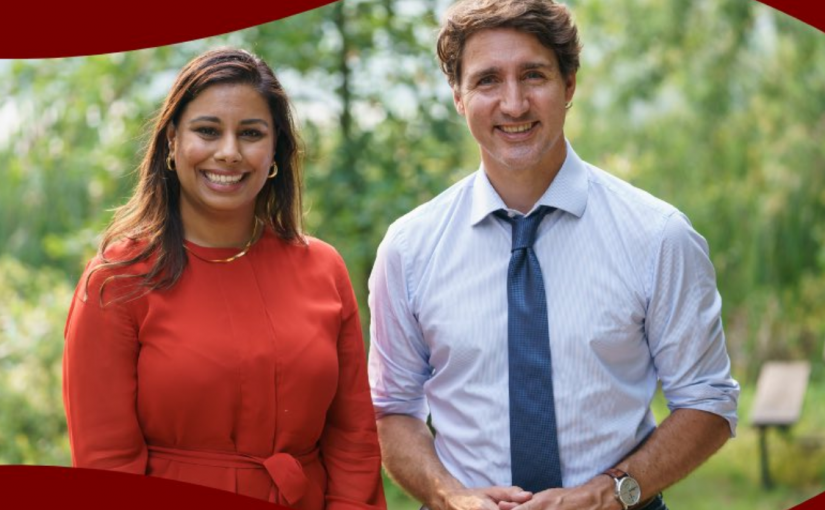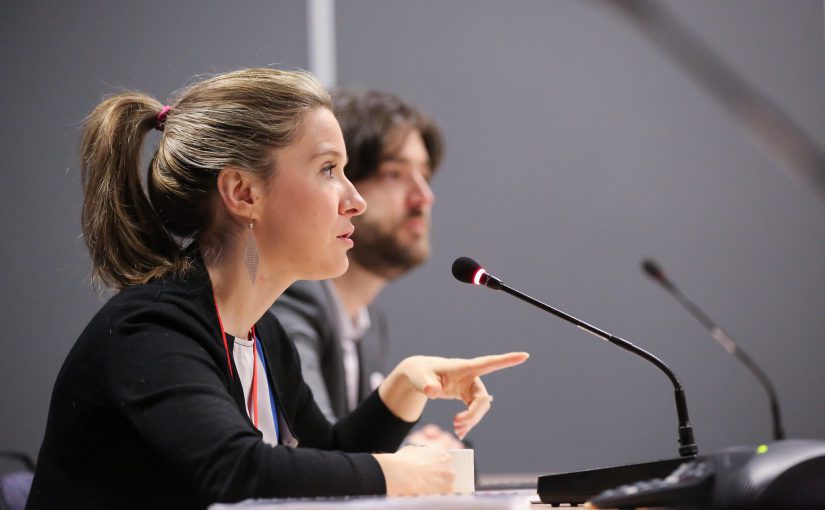Today at the PROC committee, Liberal MP Ruby Sahota (Brampton North) complained about the hypothetical costs of a full public inquiry into the allegations of Chinese state interference in Canadian elections. It is alleged that Beijing wanted to see the re-election of Justin Trudeau in 2021 to a minority government. It is alleged the CCP facilitated funding for up to 11 candidates.
Watch Ruby Sahota here:
Of course, this intervention by Sahota was part of a concerted effort to filibuster the committee to prevent Prime Minister Justin Trudeau’s Chief of Staff Katie Telford from testifying at the committee, but it got me curious about the history of public inquiries in Canada. Here are a few recent examples that looked into allegations political malfeasance and controversial political decisions:
- Rouleau inquiry (Public Order Emergencies Commission) was put in place as required by the Emergencies Act when the Act is invoked during a public emergency. The debate concerned whether Justin Trudeau was justified in treating the 2022 Trucker protest as an emergency. The process found the order to be justified and the commission was estimated to have cost the taxpayer $19 million.
- Gomery Inquiry (Commission of Inquiry into the Sponsorship Program and Advertising Activities) – launched in 2004 to investigate political corruption related to the distribution of advertising contracts to Liberal friendly firms. The inquiry heard from over 150 witnesses and released its findings in two reports. The report found that senior Liberal government officials knew of the wrongdoing but failed to act. The scandal and inquiry cast a harsh light on the Liberal government ending 13 years of governance. The cost of the inquiry initially was estimated to cost $14 million but expanded to over $80 million.
- Charbonneau Commission (Commission of Inquiry on the Awarding and Management of Public Contracts in the Construction Industry) – launched in 2011 to investigate corruption in the Quebec construction industry and links to Quebec political parties and politicians. The commission investigated bid-rigging, illegal political financing, and money laundering and their relation to the awarding of public contracts. The commission lasted 4 years through 2015 and cost $45 million.
- Cullen commission (Commission of Inquiry into Money Laundering in British Columbia) – an investigation into the links between political parties and money laundering in the province heard from over 220 witnesses cost $15 million (according to its budget)
Regarding an investigation into the corruption of our political system by a hostile foreign power, this indeed would be costly but few would argue it wouldn’t be worthwhile. Federal elections in Canada cost on the order of $500 million to elect a government that manages an annual budget of over $300 billion.


